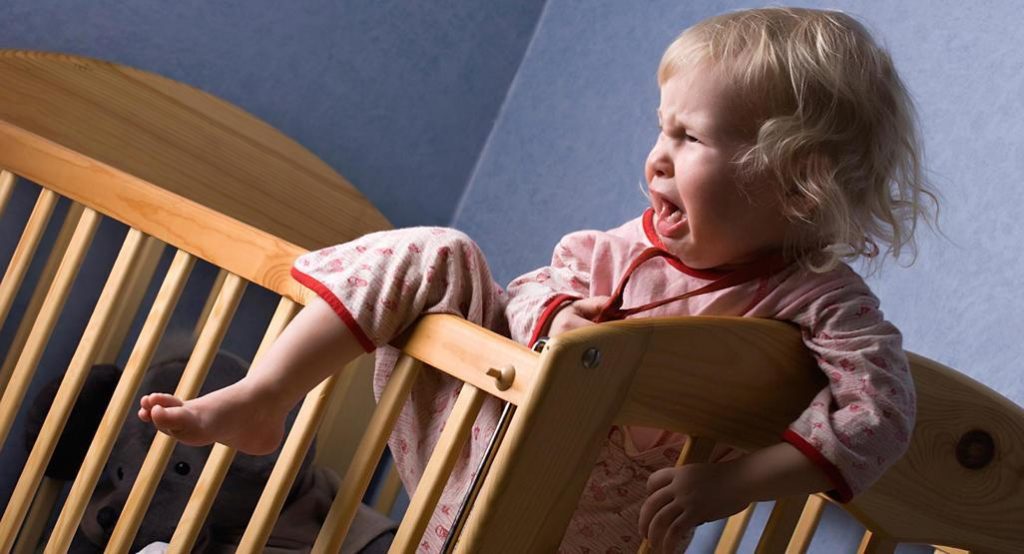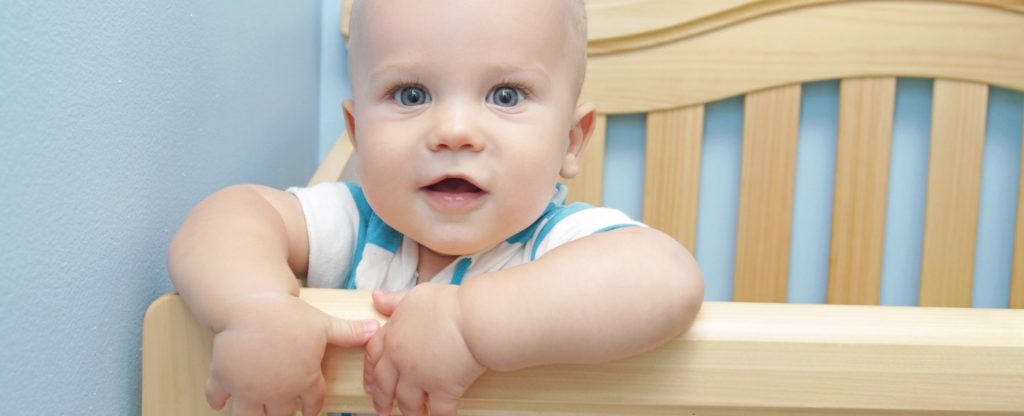Breaking habits
How to help your toddler sleep in bed, and stay there!
Let’s set the scene: It’s 2.30am, you’re woken from a lovely deep sleep by a not-so-inconspicuous little person jumping into bed with you. Amongst the heavy breathing, random elbows to the ribs, balancing on the bed edge and limited doona, you manage to salvage what little sleep you can until morning. Sound familiar? Why? * Their room may…
Read MoreWhy I choose connection over cry it out
By the time we contemplate seeking help to get our beloved little ones the sleep they so desperately need to thrive, we are so extremely sleep deprived that we are struggling to function and our ability to think has all but diminished.This often leads us to copious hours desperately researching for answers; how much sleep…
Read MoreBreaking sleep habits and encouraging self-settling
Children of all ages seek comfort in movement (rocking, car, carrier), sucking (breast, bottle, dummy) and closeness (touch, holding, parental presence) to fall asleep, and back to sleep when they wake from a nap or overnight. Although these actions are helpful when satisfying neonatal reflexes during the fourth trimester, a child’s ability to sleep independently…
Read MoreWhy I don’t do cry it out (CIO)
Whether you opt for cry it out, no cry, or no sleep training at all, is a personal decision, and one which should be made for the ‘greater good’ of the whole family in mind. It can be a contentious topic, so let me first start by stating: whilst I don’t endorse cry it out professionally, personally,…
Read MoreGentle Sleep Training / Sleep Improvement Strategies: What, When, and How…
There is a plethora of sleep training methodologies and advice available at our fingertips; so much so, that the decision of which one is right for you and your family can be overwhelming. Which one is best suited to your parenting style? your time commitments? your child’s temperament? or the most effective solution for the particular sleep difficulty you…
Read MoreHump Day Q&A – Transitioning from rocking, feeding, patting or holding to sleep to self settling
This week’s question comes from Lauren who asks: “I have a 9 month old (8 months corrected) who still needs to be held/rocked or fed to sleep. Any ideas or tips on how to gently transition him to self settling? ” Additional links: https://sleepplaylove.wpengine.com/breakingsleephabits/ https://sleepplaylove.wpengine.com/getting-routine/ https://sleepplaylove.wpengine.com/when-can-my-baby-self-settle/ Pantley’s Gentle Removal Plan Instructions (for feed to sleep): https://babyparenting.about.com/od/sleeping/a/nightfeed_2.htm
Read MoreHump Day Q&A – Early Rising
This week’s question comes from Olivia; she asks about how to combat the early risers. You can refer to by two articles Combating the early risers, and 10 Tips to help your toddler sleep longer in the morning for further info and tips 🙂
Read MoreToddler resisting bedtime? here’s why, and what you can do
There are many reasons why our toddlers may start resisting naps and bedtime. From experience, if this is a gradual change (over a few days or more), then usually this can be attributed to routine (call for a change in routine, having been out of routine, or lack of routine), or a behavioural/emotional response to a particular life…
Read MoreCo-sleeping not working? Here’s how to make the transition gently and respectfully
Co-sleeping can be a beautiful, nurturing, and rewarding experience for both parents and children of all ages. It can make overnight feedings easier, nights warmer, memories fonder, and attachment stronger. However, it can also cause major disruption in the family unit, compromising quality and quantity of sleep for everyone. I wholeheartedly support co-sleeping, provided that it is safe and mutually beneficial.…
Read MoreNight weaning: when and how?
Many professionals claim that a baby is physiologically “ready” to sleep through the night without feeds from six months of age. Professionally, I find that this largely depends on the child; their current health, weight, developmental stage, whether they are breast or formula-fed, if they were born premature, if solids have been well-established and if…
Read More







